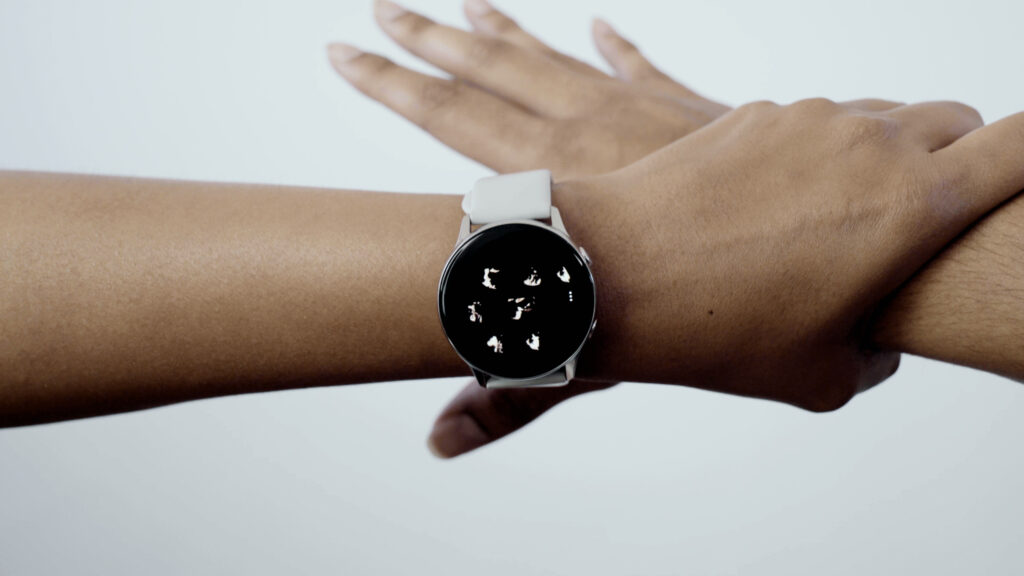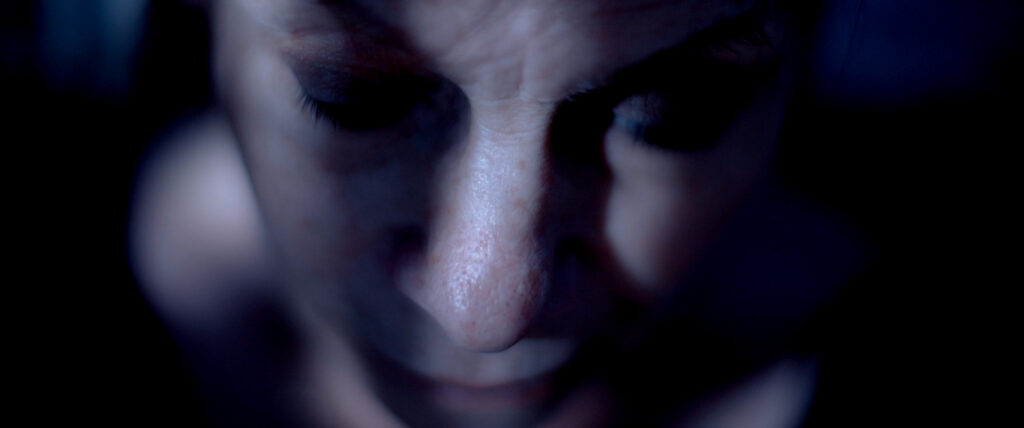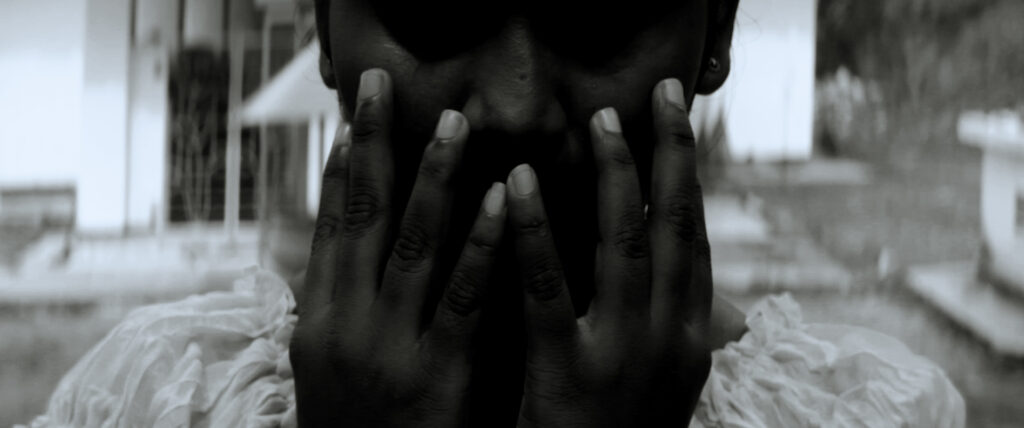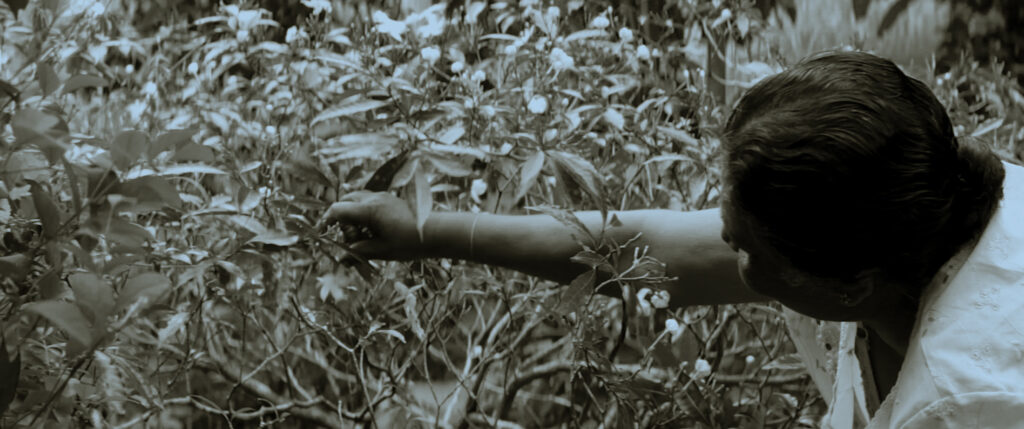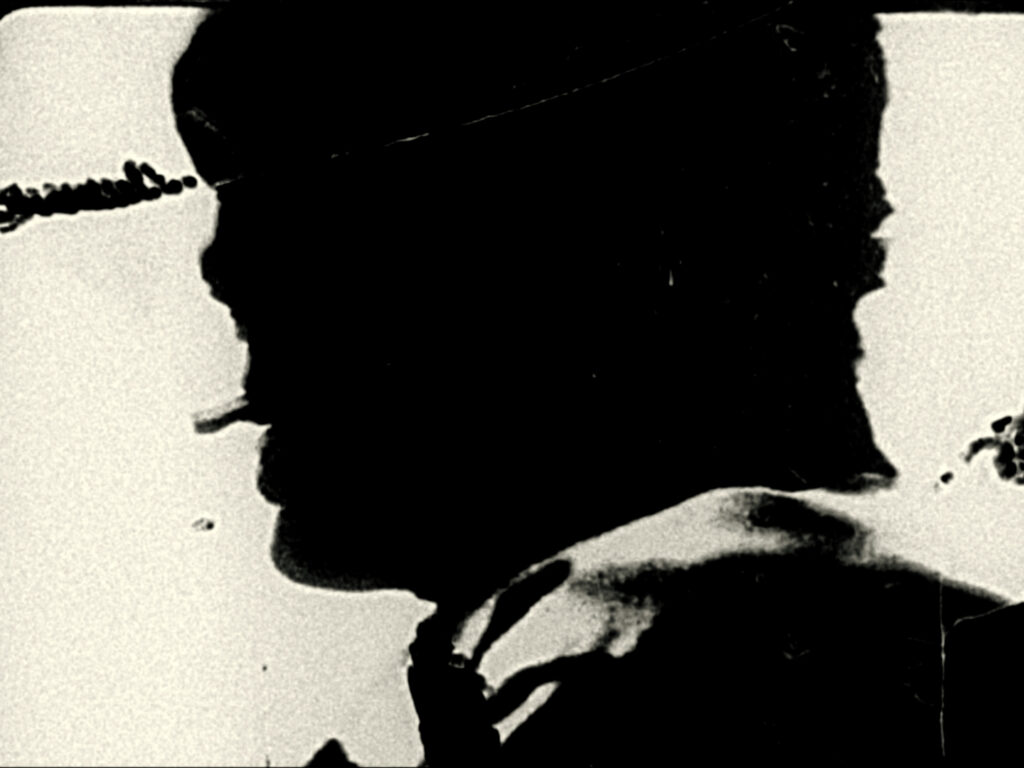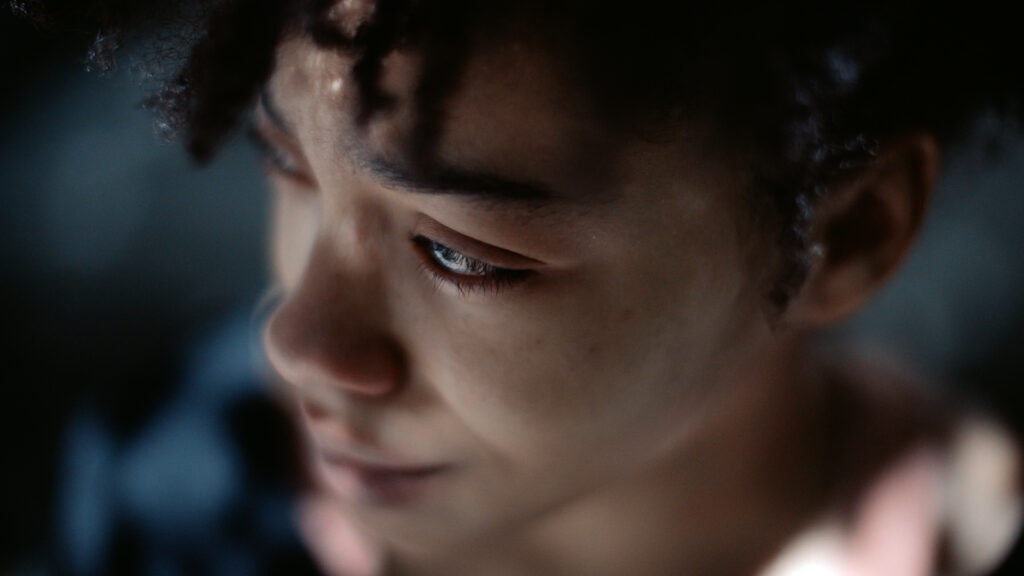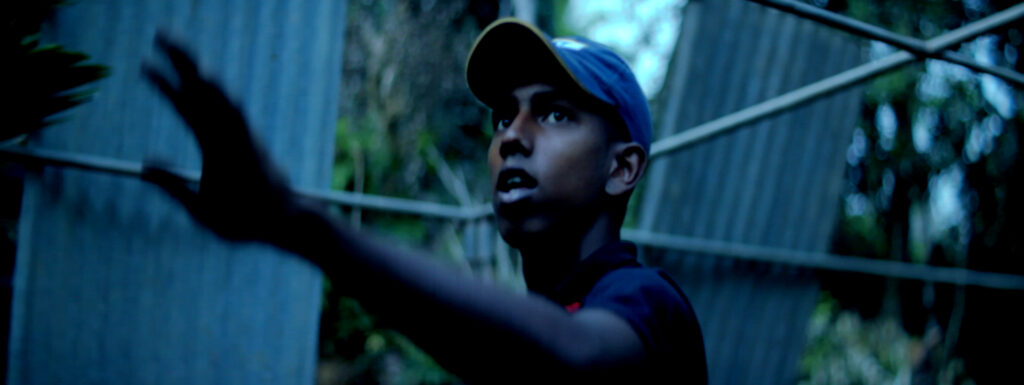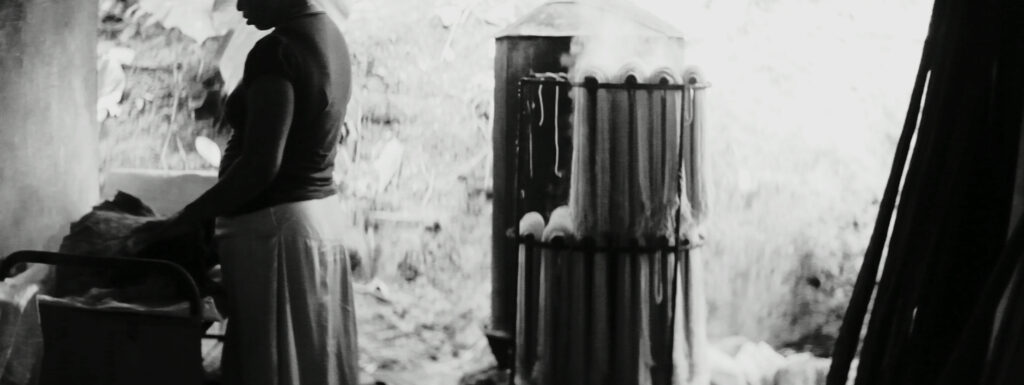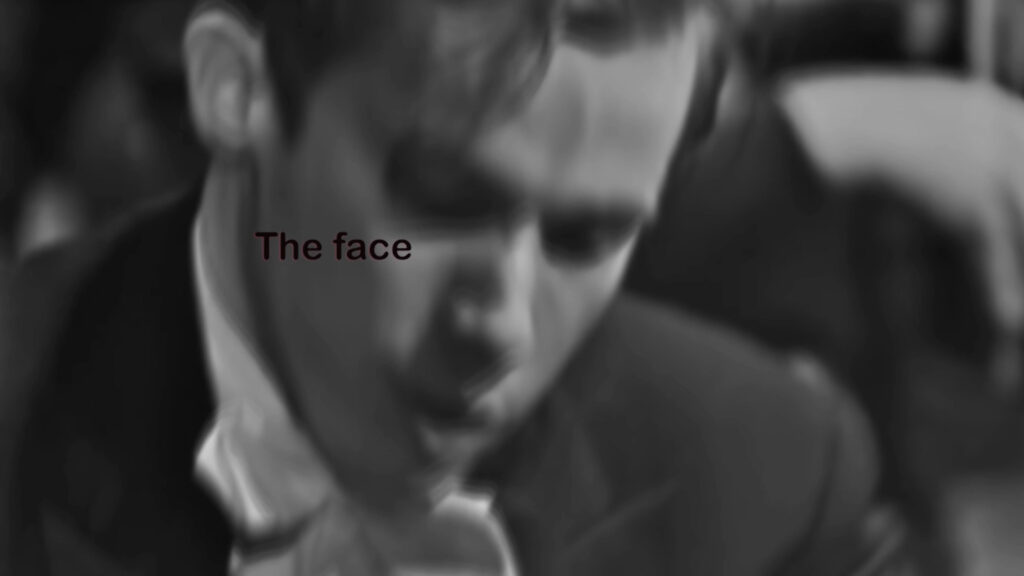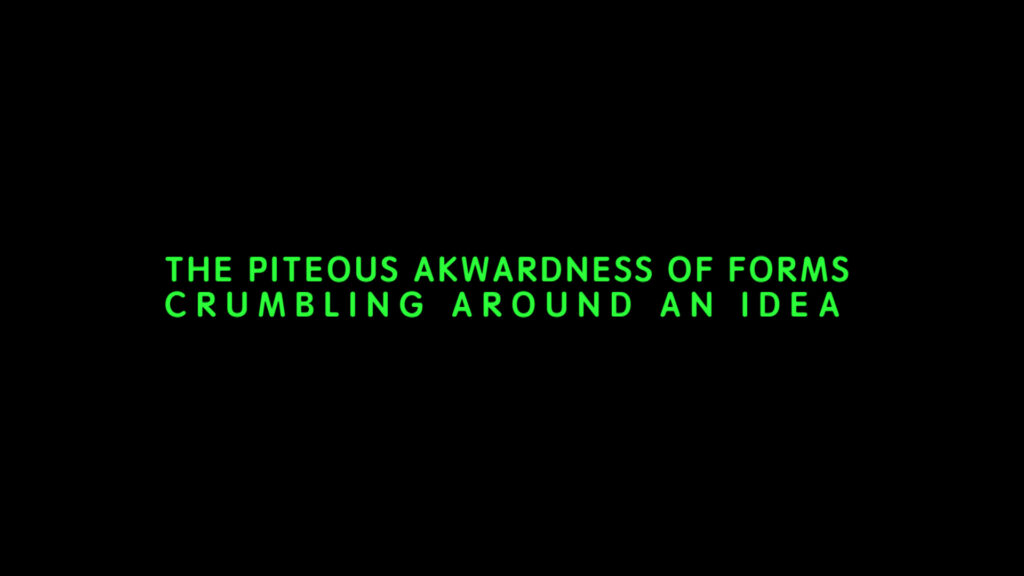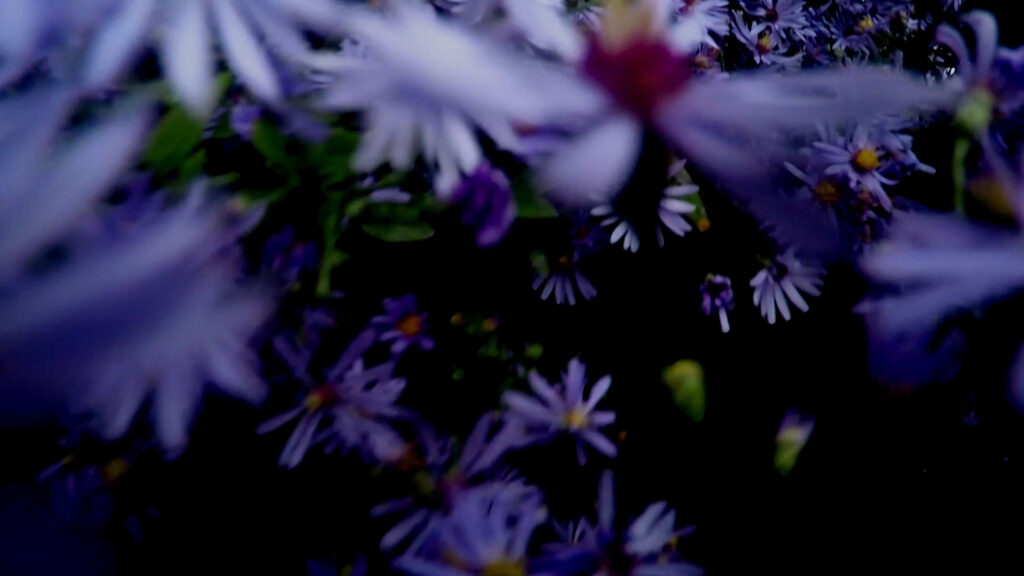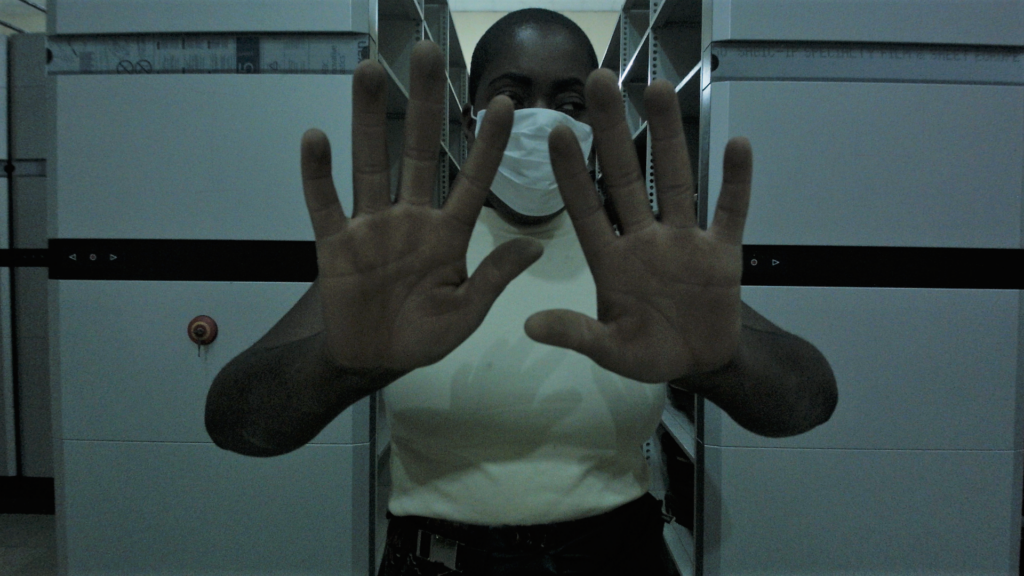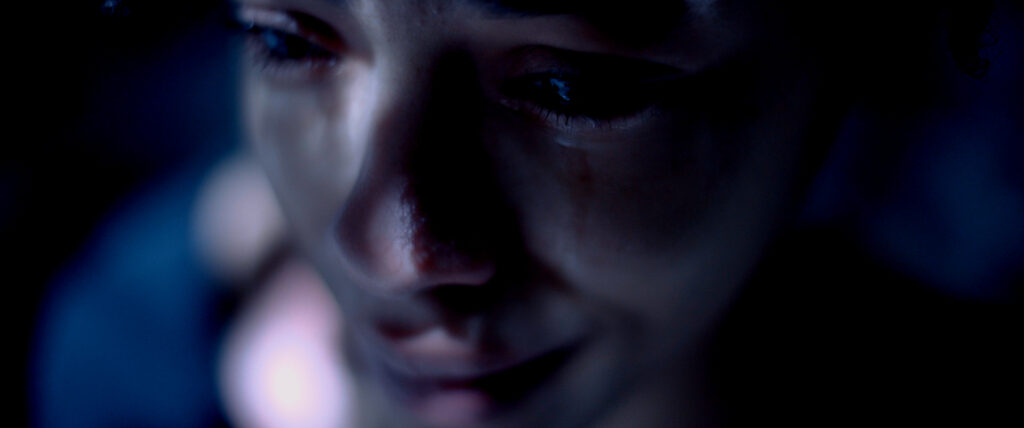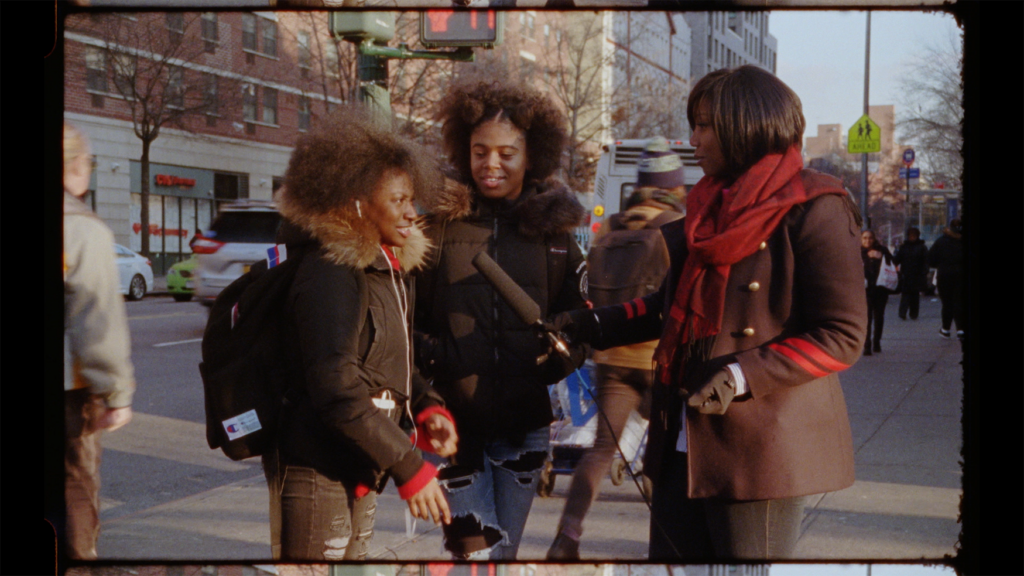
Rajee Samarasinghe
Rajee Samarasinghe is a filmmaker born and raised amidst the decades-long civil war in Sri Lanka. He received his BFA from UC San Diego and his MFA from CalArts. Much of his work examines sociopolitical conditions in Sri Lanka through the scope of deconstructing ethnographic practices and the colonial gaze in contemporary media. His practice was born out of a desire to understand the circumstances around his childhood and often navigates the terrain of memory, migration, and impermanence.
Samarasinghe recently completed his debut feature film, Your Touch Makes Others Invisible, which explores post-civil war Sri Lanka. The project has received support from the Sundance Institute’s Documentary Film Program, Berlinale Talents’ Doc Station, Field of Vision, and True/False Film Festival’s PRISM program, and is set to have its world premiere at the International Film Festival Rotterdam. Named one of Filmmaker Magazine’s 25 New Faces of Independent Film in 2020, Samarasinghe was also awarded a MacDowell Fellowship in 2023 and a Yaddo Residency in 2024. He has had solo shows at the Museum of Modern Art (MoMA – Modern Mondays), the Berwick Film & Media Arts Festival, and the Los Angeles Filmforum (2220 Arts), among others.
Samarasinghe’s films have been exhibited at venues internationally including the Tiger Short Competition at the International Film Festival Rotterdam, New Directors/New Films by MoMA and Film at Lincoln Center, MoMA’s Doc Fortnight, BFI London Film Festival, FIDMarseille, Festival du nouveau cinéma, Oberhausen, Slamdance, SFFILM Festival, Melbourne IFF, Vancouver IFF, Guanajuato IFF, BlackStar, etc. He’s received the New Cinema Award at the Berwick Film & Media Arts Festival, the Tíos Award for Best International Film at the Ann Arbor Film Festival, the Film House Award for Visionary Filmmaking at the Athens International Film + Video Festival, and the Best Video Art & Experimental Award at the Tirana Film Festival among others.

Your Touch Makes Others Invisible
[2025 Opening Night] When a supernatural entity plagues a village community in war torn Northern Sri Lanka, a mother loses her son. Set in militarily occupied territory marked by 26 years of civil war, this hybrid docufiction made collaboratively, and secretly, with impacted Tamil communities lyrically examines the stories of missing people. A potent, elliptical protest poem moving with grace and purpose between disparate cinematic forms.
When a supernatural entity plagues a village community in war torn Northern Sri Lanka, a mother loses her son. Set in militarily occupied territory marked by 26 years of civil war, this hybrid docufiction made collaboratively, and secretly, with impacted Tamil communities lyrically examines the stories of missing people. A potent, elliptical protest poem moving with grace and purpose between disparate cinematic forms.
Rajee Samarasinghe’s body of work tackles contemporary sociopolitical conditions in Sri Lanka through the scope of his own identity and the deconstruction of ethnographic practices. BFMAF 2021 presents a series of Samarasinghe’s 12 short films shot over a decade—an archive of images navigating the terrain of migration, memory, and impermanence.
Films by Steve Reinke, Onyeka Igwe, Rajee Samarasinghe and Ja’Tovia Gary
From Harlem to Giverny, patrilineal tales to Artaud, nature will give way to febrile artifice. What dizzying force is this—throwing us between opposites: deafening silence vs. slide-projector clicks; glitch-y celluloid vs. HD; projected futures pressed up against the archive? But there’s calm around the corner—a reprieve from the chaos of subjection. “Can I live?”, one voice enquires, rhetorically. Consider how the subtext to our fervid biopolitical project.
Q&A with filmmakers Steve Reinke and Onyeka Igwe


